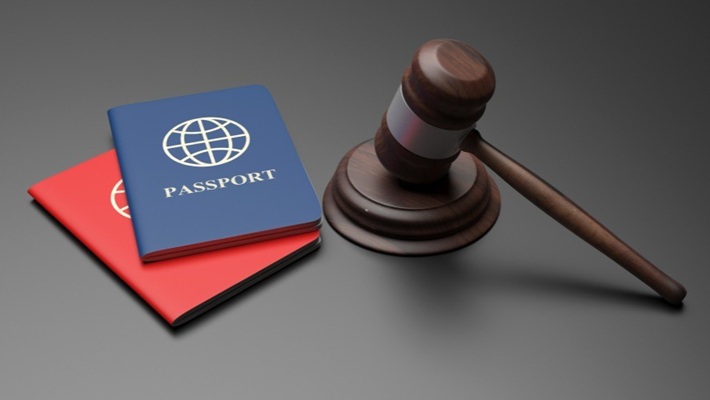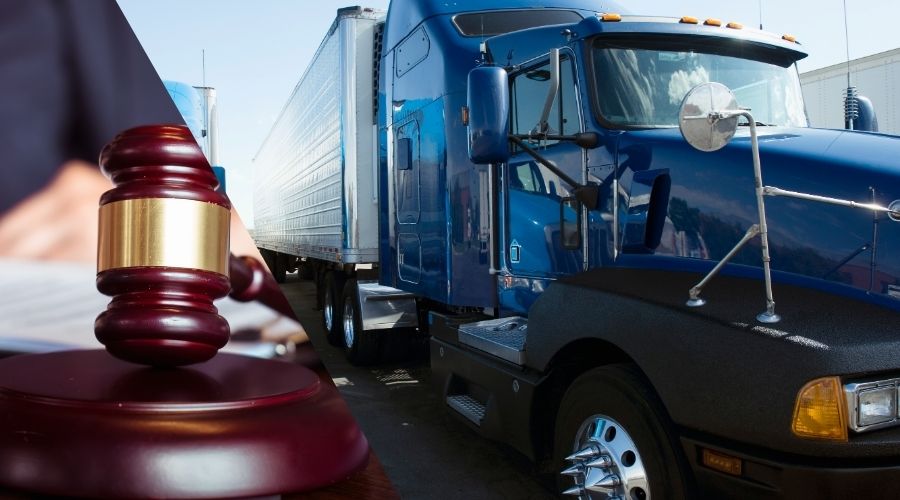Social media is now essential in business and personal branding, but it also comes with complex legal risks. As social media attorneys, we help our clients navigate issues like copyright, defamation, influencer contracts, and privacy law. Our work protects individuals and organizations from legal trouble online.
We see firsthand how a single post can lead to legal challenges or even lawsuits. By understanding the key laws and regulations affecting online content, we can help ensure our clients’ social media activities stay compliant and secure.
Whether it’s responding to a cease-and-desist letter or drafting a brand partnership agreement, our experience guides clients through the legal landscape of social platforms.
The Role Of A Social Media Attorney
Social media attorneys help businesses and individuals address the unique legal challenges found on digital platforms. We focus on intellectual property, advertising compliance, online reputation management, and effective social media marketing strategies.
Protecting Intellectual Property Online
Our team assists clients with securing and enforcing rights for trademarks, copyrights, and other intellectual property used on social media. We review content, branding, and visuals to ensure legal protection.
Responding quickly to copyright or trademark infringement by issuing takedown notices helps prevent misuse of our brand elements. We advise on the best practices for user-generated content and handle disputes involving stolen or misused intellectual property.
We guide clients on how to register trademarks and copyrights to strengthen their legal position. Monitoring tools also help us track and respond to unauthorized use.
Navigating Advertising Compliance And Regulations
Digital advertising is subject to various laws, including FTC guidelines and platform-specific policies. We advise clients on the required disclosures for influencer partnerships, sponsored posts, and product endorsements.
Our responsibilities include reviewing marketing materials for compliance and ensuring claim substantiation. We educate clients about requirements like #ad labeling and proper disclosures in videos and images.
We remain updated on changes in social media law related to advertising. When violations occur, we help develop an immediate response plan to limit liability and reputation damage.
Libel, Defamation, And Reputation Protection
False statements on social media can damage a person’s or company’s reputation. We help clients evaluate statements for libel or defamation and pursue legal remedies when necessary.
We draft cease and desist letters and take action to have harmful content removed from platforms. Our team manages crisis communications and provides strategies to minimize reputational harm.
We monitor prevalent risks to proactively address damaging rumors, reviews, or posts. Advising clients about appropriate response protocols also reduces the risk of escalation.
Advising On Social Media Marketing Strategies
Legal counsel is an essential element of creating compliant and effective social media marketing. We assess campaigns for legal risks and align strategies with marketing goals.
We assist in contract drafting for collaborations, influencer agreements, and user-generated content campaigns. Compliance reviews for sweepstakes, contests, and promotions are also part of our oversight.
Guiding clients through advertising regulations and privacy rules helps us develop sound, sustainable marketing strategies. Our input enables brands to innovate on social media while remaining within the boundaries of the law.
Legal Challenges And Key Considerations In Social Media
Navigating social media law requires us to address privacy, user rights, regulatory compliance, and content responsibility. Legal concerns differ across business deals, marketing efforts, and content use.
Privacy, Data Protection, And User Rights
We must comply with data protection laws such as the General Data Protection Regulation (GDPR), California Consumer Privacy Act (CCPA), and Children’s Online Privacy Protection Act (COPPA). These regulations set frameworks for how user data is collected, stored, and processed.
Key issues include:
- Obtaining clear user consent before collecting personal data
- Informing users about rights to access, correct, or delete their data
- Implementing safeguards for secure data storage and transfer
We need to assess contracts with social platforms and vendors to ensure privacy compliance. Failing to meet these standards can result in significant penalties and harm user trust.
Handling Sweepstakes, Contests, And Promotional Content
Running sweepstakes, contests, or promotional content on social media platforms requires us to follow both platform rules and federal/state regulations. Each promotion must have a clear set of official rules and eligibility requirements.
Important considerations:
- Accurate disclosures about prizes, odds, and participation rules
- Compliance with the Federal Trade Commission’s endorsement and advertising guidelines
- Adherence to Instagram, Facebook, or other platform-specific contest policies
We must avoid ambiguous language or misleading terms. Legal review minimizes risk of regulatory action and protects our social media presence from takedowns.
Media Content Liability And First Amendment Issues
Content shared on social media platforms can expose us to liability for defamation, copyright infringement, or privacy violations. We must check that posts and user-generated submissions do not infringe on third-party rights.
Focus areas:
- Monitoring posts for libelous statements or unauthorized use of copyrighted material
- Understanding Section 230 of the Communications Decency Act, which can limit internet service providers’ liability
- Balancing content moderation duties with users’ First Amendment protections, particularly for platforms with broad audiences
Thorough moderation guidelines and regular audits help us manage legal risks tied to user and branded media content.
Business Deals: Mergers, Acquisitions, And Digital Marketing Agencies
Our social media assets—including follower lists, brand accounts, and promotional contracts—can be significant in mergers and acquisitions. During due diligence, we review ownership rights, licensing, and ongoing legal obligations linked to digital marketing agencies.
Checklist for M&A due diligence:
- Verify asset ownership and account access credentials
- Review advertising agreements and compliance with social platform policies
- Assess any pending litigation or intellectual property claims tied to social content
Legal services ensure a smooth transition, protecting our business interests and maintaining a strong social media presence post-transaction.






